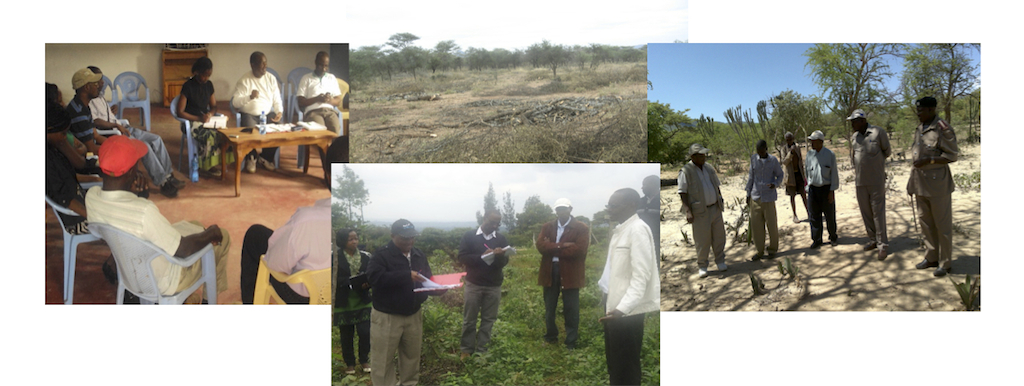JRS Trustee Dr. Richard Bagine has worked for over twenty-eight years to protect biodiversity and wildlife in Kenya and has served on the JRS board since 2008. He is currently a Chief Research Scientist for the National Museums of Kenya and has served as Deputy Director in charge of Biodiversity Research and Monitoring for the Kenya Wildlife Service. To learn a little more about Dr. Bagine we asked him a couple of questions about his interests and concerns in the field of biodiversity.
How did you first get interested in science and environment?
As a child I started getting interested in nature while looking after my parents’ livestock and working in crop farms. I enjoyed observing the behavior and feeding habits of mammals, birds, insects and reptiles that I encountered while grazing animals and working in the fields. Sometimes we would trap and catch some of the animals (Birds, arthropods, small mammals etc.) for food or for fun. I was also involved in spraying chemicals on our coffee and crop farm to kill or control insect pests. Additionally, my Father was an agricultural officer who provided me with the opportunity to learn more about crops and their enemies. How to control and deal with them without affecting the environment and human beings was my dilemma.
What are some environmental issues that you are particularly concerned about or that interest you? Why?
The major environmental issues are loss of topsoil through erosion, diminishing water resources due to drying up of rivers and wetlands, and loss of vegetation, especially forest degradation and deforestation. This coupled with climate change effects has resulted in diminishing agricultural production, which is the mainstay of Africa continent, and the loss of biodiversity, which is our lifeline.
What is it about the JRS Biodiversity Foundation’s mission that enages you?
The mission: “To enhance knowledge and promote the understanding of biological diversity for the benefit and sustainability of life on earth” is very appealing – advancing knowledge and understanding of biodiversity is the only way to save our dwindling biodiversity. It is great that JRS can act as a catalyst to influence sustainable conservation and management of environment and natural resources for the benefit of future generations.

